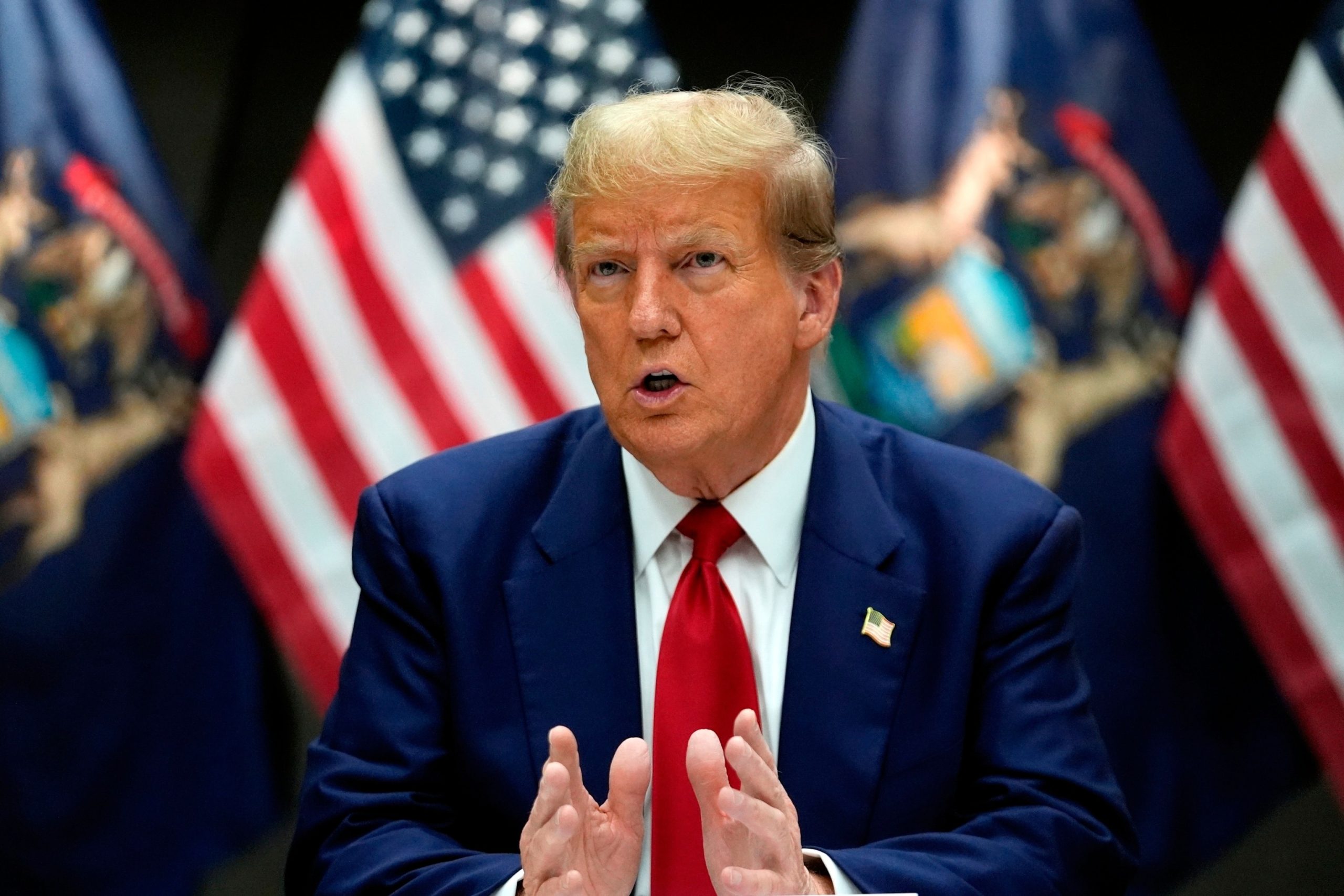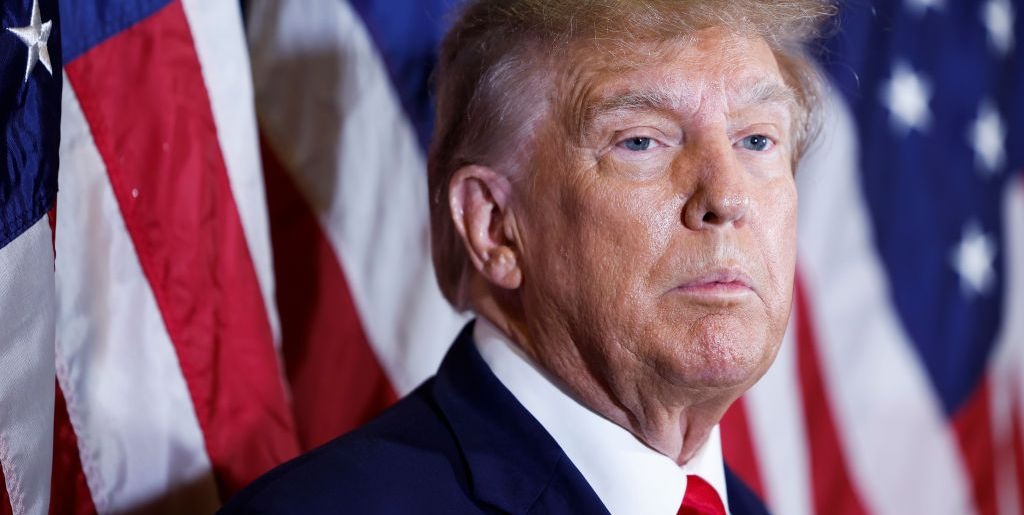In a pivotal moment for the legal proceedings against Donald Trump over the mishandling of classified documents, Special Counsel Jack Smith issued a stark warning to the overseeing judge, Aileen M. Cannon, challenging her legal direction as erroneous.
Smith’s office made a late-night submission, countering Cannon’s suggestion that the Presidential Records Act (PRA) might offer Trump protection against charges related to illegally retaining classified materials at his Florida residence, Mar-a-Lago.
This development intensifies the legal battle, setting the stage for Smith to appeal to a higher court should Cannon affirm the PRA’s use as a defense. This could potentially stall the trial beyond the upcoming presidential election.

Cannon had earlier tasked both defense and prosecution to consider the PRA’s interpretation, sparking debate among legal experts who argue that the act doesn’t shield a former president from the consequences outlined in Section 793 of the Espionage Act.
Smith’s stance is that the PRA, designed to manage presidential records post-term, doesn’t intersect with the Espionage Act’s provisions, under which Trump faces allegations of hoarding hundreds of classified documents.
Smith’s filings articulate a call for immediate clarity from Cannon to prevent trial delays, emphasizing the urgency of addressing this foundational legal question.

The background of this legal contest is Cannon’s history of rulings perceived as favorable to Trump, which has sparked discussions about the trial’s trajectory. Trump’s defense, meanwhile, insists on his authority to determine the classification of documents, a point contested by prosecutors who argue that national security laws govern classified information, not the PRA.
The legal community is watching closely, recognizing the broader implications of Cannon’s decisions on handling classified materials and presidential powers.
As the trial’s schedule remains uncertain, with Trump facing multiple legal challenges, the discourse around the PRA and its application in this high-profile case continues to come to light, underscoring the complexities of balancing national security interests with legal precedents and the rights of former presidents.


